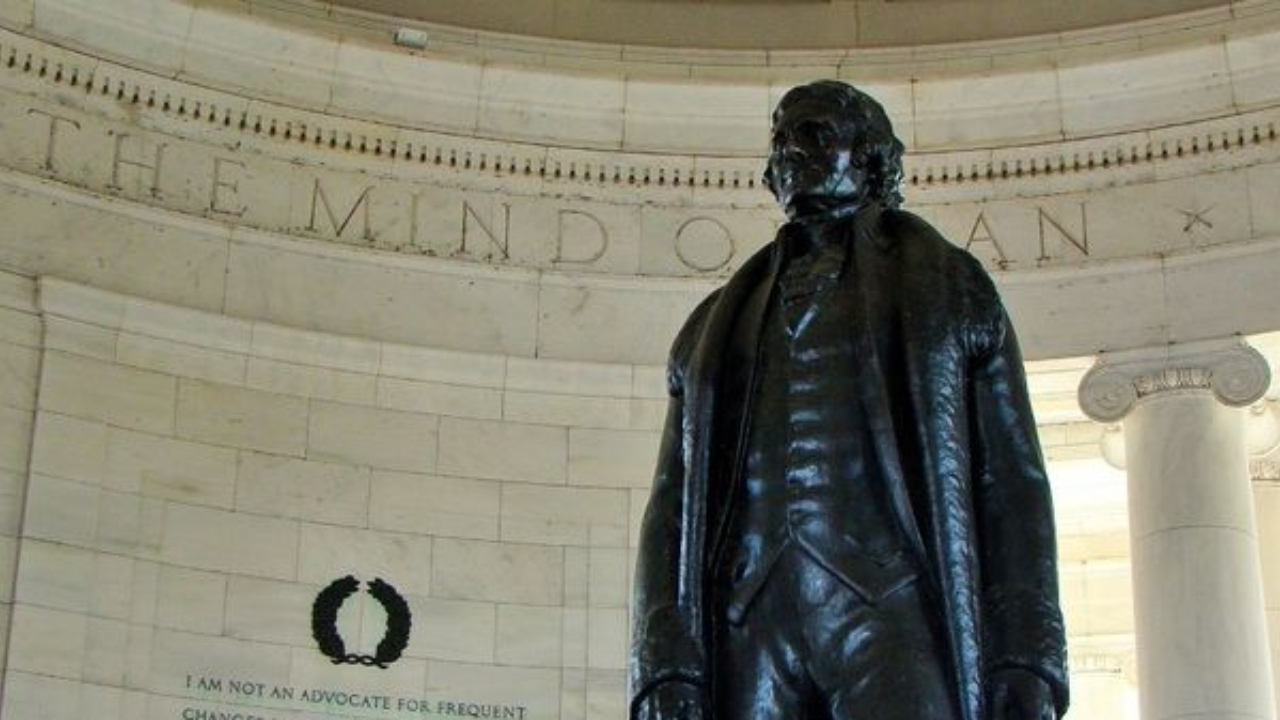A Way With Words
Oct 31, 2023
Before we pick up by looking at a couple of Benjamin Franklin’s peers, and specifically their leadership characteristics that you and I still benefit from today, I’ll share one last invitation to join us on Friday, December 8 (likely around 3p or so on Zoom) to get the specifics on helping us launch What’s Killing Your Profitability? (It ALL Boils Down to Leadership!) in late January 2024. There’s no commitment to make now, we’ll just be sharing information on 12/8. And we’re in the process of putting the final touches on something really exclusive that we’ll be providing for everyone involved!
Having just looked at some of Franklin’s contributions to what became the United States of America, several of his strengths that helped him achieve a prominent place in that process, and even some of what would have been detrimental weaknesses to many but he was very intentional about offsetting (through sheer willpower or strategic relationships), let’s look at the founder who also served as part of the committee to write what’s likely our nation’s most foundational document.
While Franklin was one of the oldest involved in crafting and signing the Declaration of Independence, Thomas Jefferson was the youngest. Not only was Jefferson 38 years younger than Franklin, their backgrounds couldn’t have been more different. Where Franklin had only two years of formal schooling (but invested a tremendous amount of his time and energy to overcome that), Jefferson was quite the scholar, entering the College of William & Mary when he was 16 and being admitted to the Virginia Bar at 21.
In contrast to Franklin’s humble beginnings that resulted in his limited time in school and working for a publisher through his teens, Jefferson's family owned thousands of acres and oversaw even more. While I have no doubt Thomas did his share of physical labor, given the time period and knowing just how much work is involved for every member of a farming family, his career path varied greatly from the successful businesses Franklin operated. Jefferson primarily practiced law from 1767 until representing Virginia as a delegate to the second Continental Congress in 1775. He then remained in the political arena through the end of his second term as US president in 1809 (our nation’s third), and likely somewhat involved even after.
Like Franklin, Jefferson had a hand in founding a major university. For extra credit, do you know which Virginia university he deserves credit for but wasn’t founded until 1872?
Although both served on the five-man committee to draft the Declaration of Independence, Jefferson - at least in my recollection of history class - gets the lion’s share of the credit. He was selected by the group to write the initial draft because of all that formal education and his eloquence with words. And while his work appears to have some very direct ties to a few other significant documents that preceded it (the 1628 Petition of Right, the 1689 English Bill of Rights, the 1776 Virginia Declaration of Rights, and even the Magna Carta), I’d say his product has indeed endured the test of time. In fact, we have a copy hanging on the wall just outside my office!
With a bit of that background in place, let’s change gears a bit and focus on a few of his strengths - and specifically how those helped build a strong foundation that’s held firm for so many years! Stay tuned…
90-DAY GUIDE: Lead Your Team Through Any Leadership Challenge
Did You Know?
Growing your leadership acumen is the fastest way to equip your team to lead through today's leadership challenges.
We've been equipping leaders like you for decades. We know you do not need another theory. You need a clear starting point and a simple system. This guide gives you both.
Includes a 90-day action plan.
We hate SPAM. We will never sell your information, for any reason.





